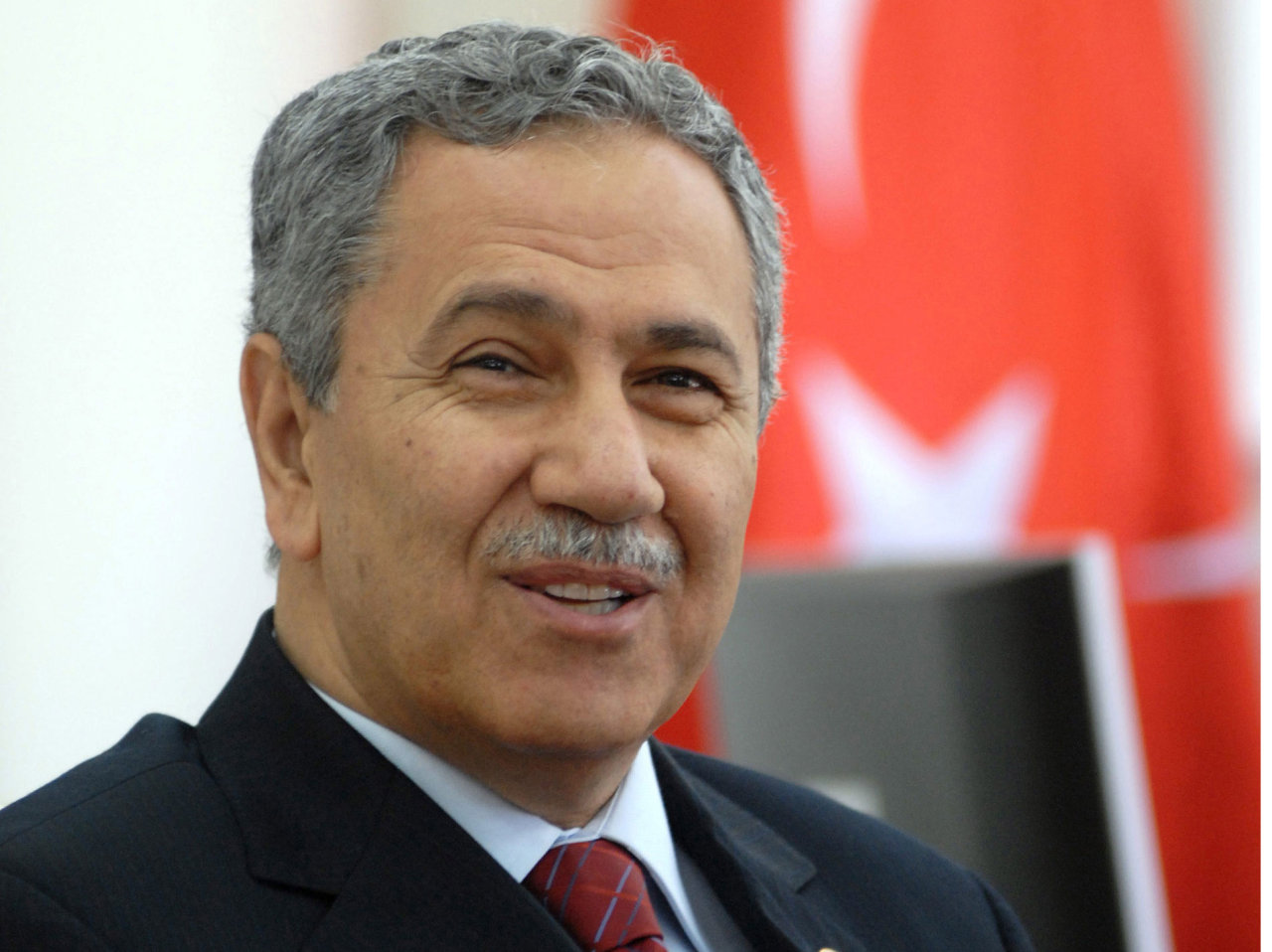Turkey's deputy prime minister has said his government believes that Iraq's fugitive Sunni vice president, who was sentenced to death on charges of masterminding the murder of rivals, won't return Iraq and rejected charges against him as "illegal and unfair", Today's Zaman reported.
Tariq al-Hashemi, who fled Iraq after the government brought charges against him, said he will not return to appeal the verdict unless he can be assured of a fair day in court.
Turkish Deputy Prime Minister Bülent Arınç told reporters following a Cabinet meeting on Monday that he believes Iraqi vice president will continue to stay in Turkey when asked if Turkey considers extraditing him to Iraq.
Arınç said Turkey gave asylum to Hashemi based on evidence that his case is political rather than legal and that he will stay in Turkey.
Speaking from his exile in Turkey on Monday, al-Hashemi said a fair trial would be impossible in Baghdad and accused Prime Minister Nouri al-Maliki - a Shiite and the vice president's longtime foe - of manipulating the courts against him as part of a political vendetta.
"The verdict is unjust, politicized, illegitimate and I will not recognize it," al-Hashemi told reporters in the Turkish capital, Ankara. "But I put it as a medal of honor on my chest because it was al-Maliki, not anyone else, behind it. I'm proud that it is al-Maliki, and not anyone else, to target me."
Asked directly if he will return to Baghdad within 30 days to seek a retrial, as is his right under Iraqi law, al-Hashemi said: "I'm not going, regardless of the time scale that has been offered to me."
Al-Hashemi fled to Turkey after Iraq's Shiite-led government issued the terror charges against him in December, the day after US troops withdrew from the country. He would receive a retrial if he agrees to return to Baghdad, but al-Hashemi has refused, saying he will never get a fair hearing in a Baghdad court.
The politically charged case sparked a government crisis and fueled Sunni Muslim and Kurdish resentment against al-Maliki, whom critics say is monopolizing power.
Arınç quoted remarks by Iraqi President Jalal Talabani, who said the death sentence is unfair. He said before asking what Ankara thinks on this issue, one should better look at what Iraq's coalition partners, Iraqi president and other political circles are saying. The deputy prime minister said it will be clear after all these statements that a sentence handed down to Hashemi is not legal and just and is politically motivated.
On Sunday, Baghdad's criminal court convicted al-Hashemi and his son-in-law, Ahmed Qahtan, of organizing the murders of a Shiite security official and a lawyer who had refused to help the vice president's allies in terror cases. In a third case, the two defendants were acquitted of the killing of a security officer due to a lack of evidence.
The charges were the first against al-Hashemi to go to trial among the government's allegations that he played a role in 150 bombings, assassinations and other attacks from 2005 to 2011 - years in which the country was mired in sectarian violence that followed the 2003 US-led invasion that ousted Saddam Hussein's Sunni regime. Most of the attacks were allegedly carried out by al-Hashemi's bodyguards and other employees, and largely targeted government officials, security forces and Shiite pilgrims.
The Baghdad court sentenced both al-Hashemi and Qahtan in absentia to death. They have 30 days to appeal the verdict and could win a retrial if they return to Iraq to face the charges.
Sunday's verdict was announced as Iraq reeled from a daylong pounding of bombings and shootings that left 92 people dead and more than 360 wounded in nearly two dozen attacks across the country.
Most of the court evidence against al-Hashemi came from 10 of his former bodyguards who testified they were ordered by Qahtan, and then paid, to carry out killings in small groups. Qahtan managed al-Hashemi's vice presidential office.
Al-Hashemi has long accused the government of torturing the bodyguards into giving false statements. His defense team did not offer any witnesses or testimony during the trial's ten hearings.
Al-Hashemi - who has been in office since 2006 - is on Interpol's most-wanted list, but Turkey has shown no interest in sending the vice president back to Baghdad, straining diplomacy between the two neighboring nations.
Arınç said he believes Hashemi won't go to Baghdad for retrial and that his conviction will be final. He cited 1989 bilateral judicial deal between Turkey and Iraq, which provides legal basis for situations like this. He added that Turkey has a choice over Hashemi and Ankara will use it when necessary. But he said this will be later when his conviction will be final.






